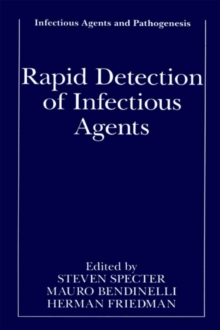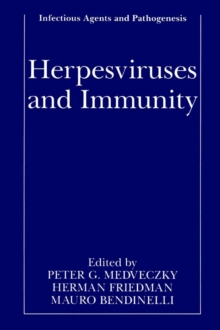
Legionella Pneumophila: Pathogenesis and Immunity PDF
Edited by Paul Hoffman, Herman Friedman, Mauro Bendinelli
Part of the Infectious Agents and Pathogenesis series
Description
Legionella pneumophila is an emerging human pathogen that resides in natural environments as a parasite of freshwater. There have been new developments in this field including the publication of three whole genome sequences, the discovery of a developmental cycle and novel cyst-like highly infectious form, and the bacteria have been used as a probe for macrophage cellular function to unravel fundamental new knowledge in the area of cellular biology. Legionella has also become a model system for the study of innate as well as adaptive immunity. Information on Legionella continues to increase in the U.S. and abroad. Columbia University has started the first Legionella Genome Project with a multi-million dollar grant from the NIH. In addition, The European Working Group for Legionella infections was formed in 1986. Members are scientists with an interest in improving knowledge and information on the clinical and environmental aspects of legionnaires' disease through developments in diagnosis, management and treatment of the disease. The volume brings together all of the lastest research on this pathogen, the interest in which is rapidly growing.
Information
-
Download - Immediately Available
- Format:PDF
- Publisher:Springer US
- Publication Date:24/10/2007
- Category:
- ISBN:9780387708966
Information
-
Download - Immediately Available
- Format:PDF
- Publisher:Springer US
- Publication Date:24/10/2007
- Category:
- ISBN:9780387708966










